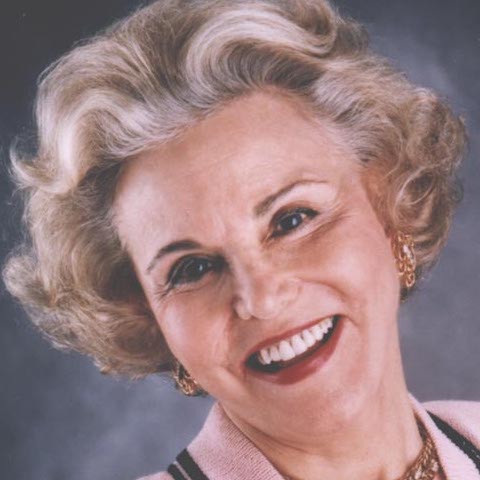Section:
Dear Ann Landers,
am writing about your column on breast can-cer in which you stated, "One out of eight women will get breast cancer." I believe these statistics are often used to distort opinions when pulled out of context. While some women may need to be frightened into get-ting regular checkups and mammograms, there are a great many others who don't appreciate the anxiety caused by incomplete data. Would you please print the following from the Women's Health Let-ter? It presents a more realistic picture. Thank you. -Longtime Reader in Keller, Texas
Dear Longtime Reader,
Here's the piece from the Women's Health Letter (published by Planned Parenthood), which certainly has merit. I hope, however, that it will not lull some women into a false sense of se-curity and make them feel that it is not necessary to have mammo-grams regularly. This could be a fatal mistake. Redefining the Scary Statistics If you've been following the news about breast cancer, you probably have the phrase "one in eight" branded in your brain. This is what ex-perts say is your risk of getting the disease. This figure does not, how-ever, refer to your immediate risk. In other words, it doesn't mean that in a roomful of eight women, one of them will get breast cancer at any given moment in time, says Mary Daly, M.D., director of the family risk assessment program at Fox Chase Cancer Center in Cheltenham, Pa. "The figure refers to a woman's general risk of getting breast cancer sometime in her lifetime if she lives to be 95," says Daly. A chart devel-oped by the National Cancer Institute indicates women have different risks at different ages and the risk rises the older you get. Here's a more reasonable thought to hold on to: If you are not at high risk, you are more likely not to develop breast disease. And please con-sider this: While the overall rate of breast cancer is on the upswing in women under 50, the death rate is going down in this age group. If you're among the 20 percent of women in the high-risk group- you have a mother, sister or daughter with breast cancer, or there is ovarian, uterine or colon cancer in your family-consider seeing a risk counselor. The counselor will put together your risk profile based on your family history, interpret studies, suggest medical tests and screen-ing and put into perspective less important risk factors such as early menstruation, late menopause, having no children or no children until after age 30, alcohol consumption and dietary fat. You may learn, for example, that your risk is lower if your relative de-veloped breast cancer after 50 and had it only in one breast. But even if there is a clear family history of breast cancer, you have a better than 70 percent chance that you'll beat the disease if you get treatment early, says Daly. A 20-year-old woman has a one-in-2,500 chance of developing breast cancer. At age 30, it's one in 233. At age 40, it's one in 63. At age 50, it's one in 41. At age 60, it's one in 28. At age 70, it's one in 24. At age 80, it's one in 16. And at age 95, it's one in eight.



